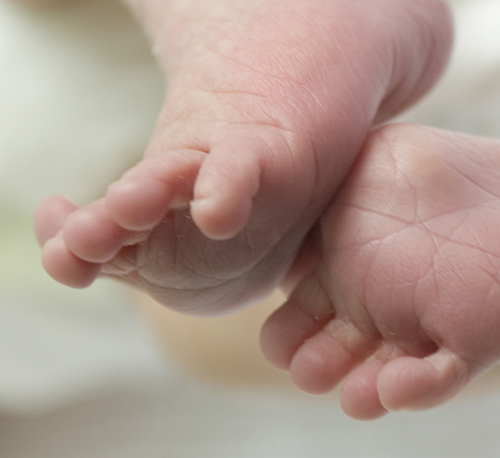Now that you and your partner are adapting to your new roles, you can start to think about how to make time for each other.
Your baby today
It’s inevitable that your baby will be exposed to viruses and some
believe this reduces the risk of allergies later on. However, small
babies can be quite sick with a cold so try to avoid people with colds
at first. Breast-feeding provides protection against viruses.

Adapting to family life can mean learning to juggle your time to meet each other’s needs.

Finding time alone together
can be hard and resuming your love life can take time. Some women
resume their love life without any problems, but for many it takes a
little longer, especially if they had stitches and are sore. Also, a
difficult birth can affect you emotionally, as can fatigue from lack of
sleep. It’s recommended that you wait two to three weeks after giving
birth before sexual intercourse to let your uterus reduce in size and
for the bleeding to stop. Many women prefer to wait until after their
six-week checkup .
Initially, cuddling and nonpenetrative sex can help you and your
partner experience closeness. When you both feel right you can resume
sex, but the first time needs to be gentle and you may need a lubricant
since your hormones can cause vaginal dryness, especially when
breast-feeding. If intercourse is painful, talk to your doctor who can
make sure you’re healing.
You will need to consider
contraception now. If you’re undecided as to what to use and want to
resume intercourse, it’s a good idea to use condoms until your six week
checkup when you can discuss the issue further.
Getting your figure back
Most women lose around 10–15 lb (4–7 kg) in the first two weeks after the birth
since, in addition to the loss of the weight of the baby, placenta, and
amniotic fluid, you will lose the water that you retained in pregnancy.
This water will be mobilized from your tissues and reabsorbed back into
your bloodstream, and you’ll eliminate it through your urine. Often
women can feel more swollen after the delivery than they were before,
but this extra fluid will be eliminated naturally in the next two weeks
since you will probably pass large amounts of urine.
After two weeks, your
weight loss will slow down. It’s important to not try to lose weight too
quickly after the birth, especially if you’re breast-feeding, when you
need around 500 extra calories each day. If you don’t meet these extra
nutritional needs, you will probably find that your energy will be low
from a lack of calories. Eat a balanced diet that consists of whole
grains, fruits, vegetables, and protein and drink plenty of fluids to
avoid constipation.